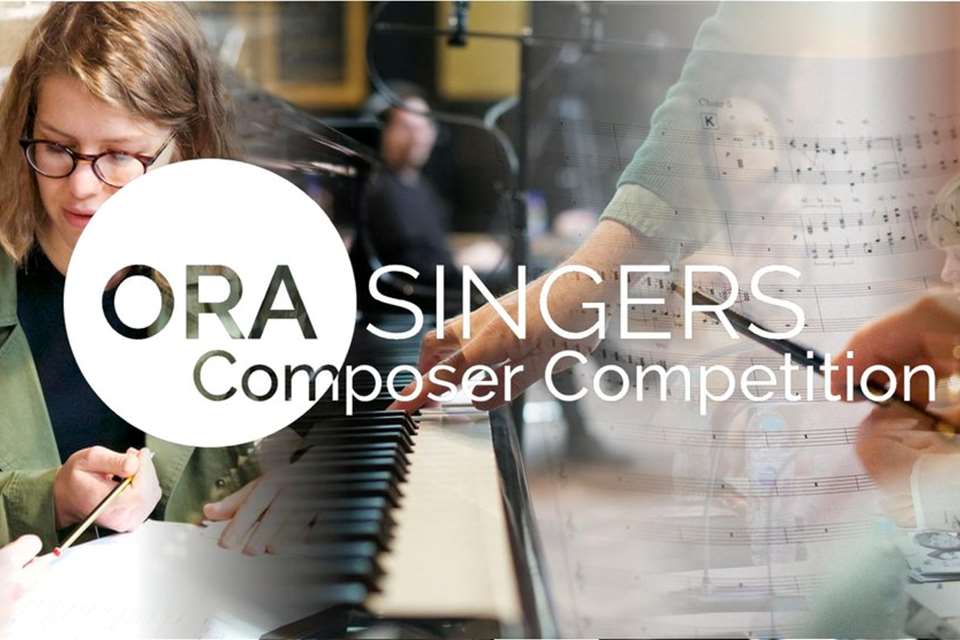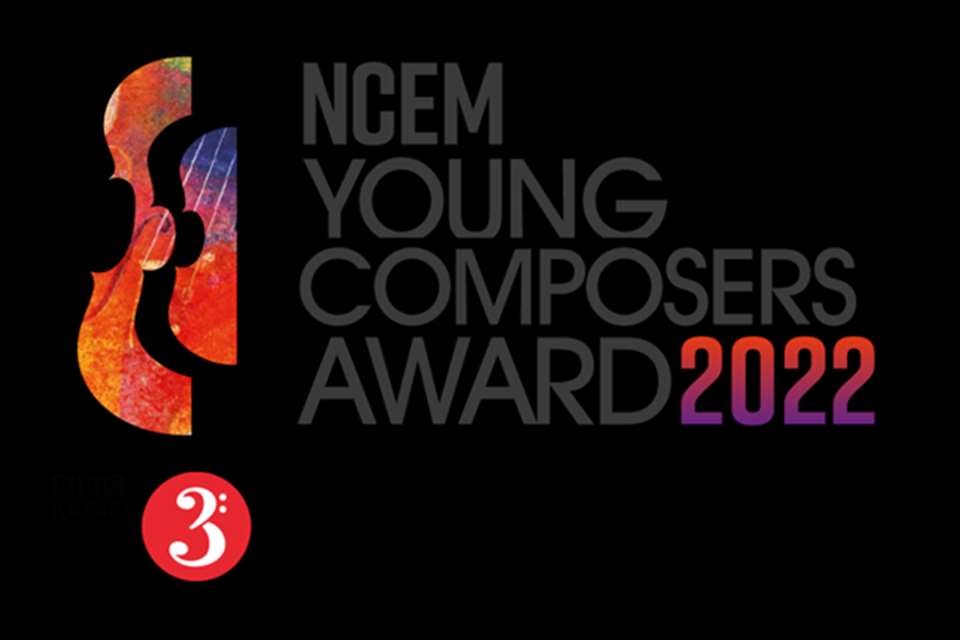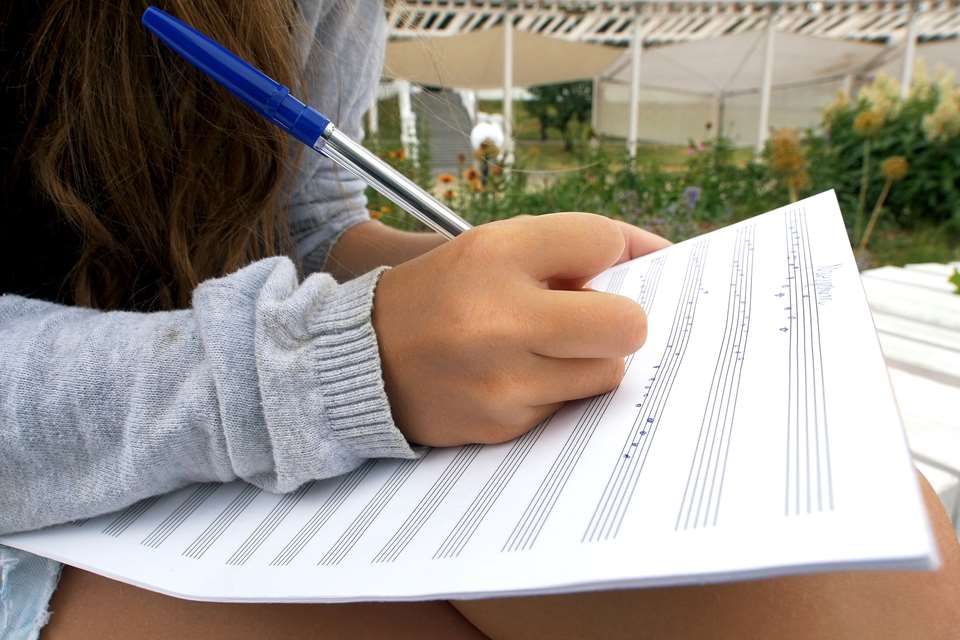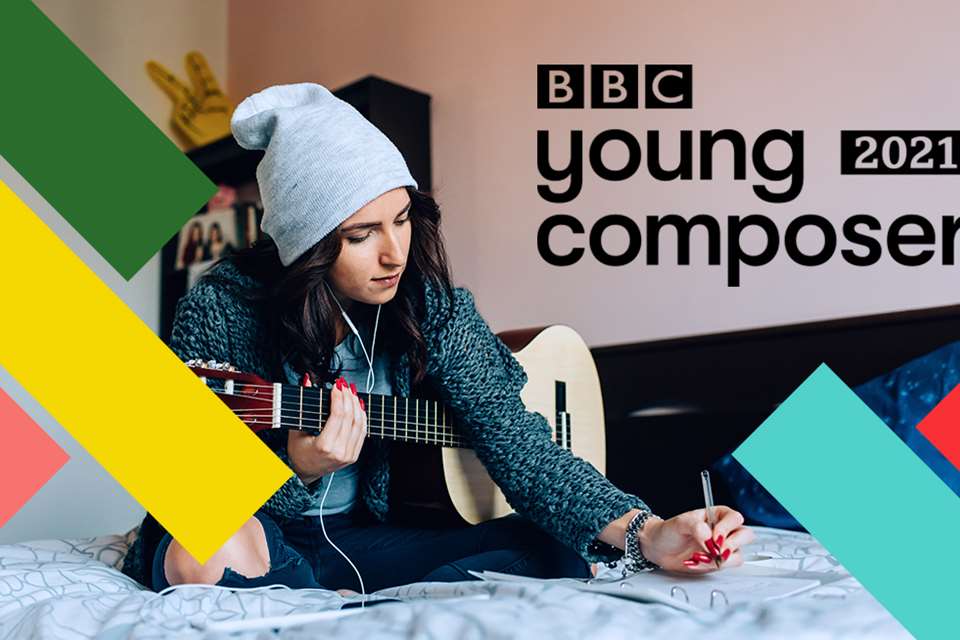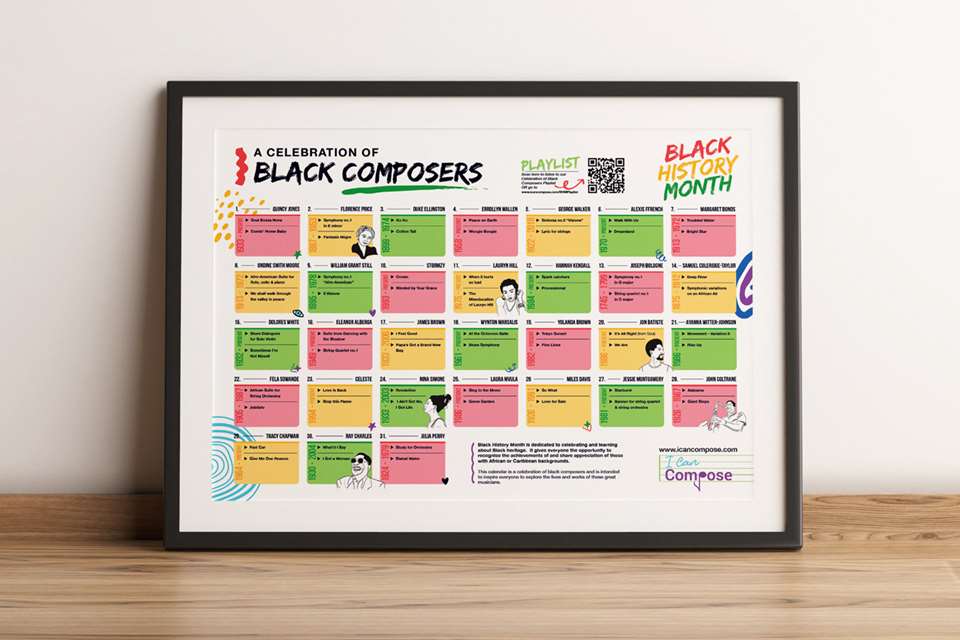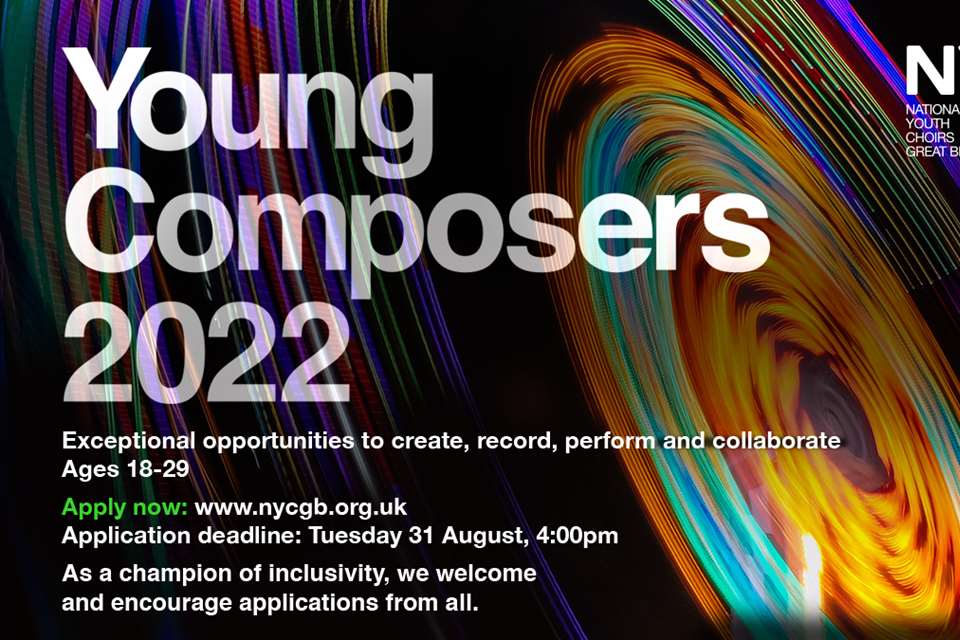Promising arrangements: young composer competitions
Hattie Fisk
Tuesday, February 1, 2022
Awards can provide young musicians with amazing footholds in an industry that is difficult to break into. Speaking to a recent winner, Hattie Fisk investigates the impact of competitions on young musicians at the start of their careers.
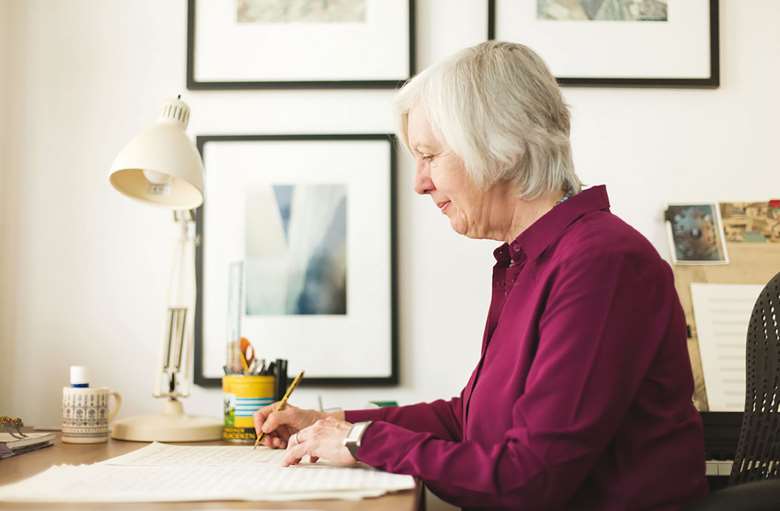
BENJAMIN EALOVEGA
The MusicFirst Young Composers Competition, the BBC Young Composer Competition, NCEM's Young Composers Award, the New Directions Composing Competition at Robinson College (Cambridge), the Surrey Hills Young Composer Competition – the list goes on. For composers under the age of 18, there are an amazing number of opportunities for feedback and encouragement on their work. But what about the longer term impact of these awards, and how can we determine their genuine reach?
Motivating existing young composers
Adam Howell is a young composer who has been entering these competitions with much success. He has recently achieved first place in the New Directions Composing Competition and MusicFirst's annual Young Composers Competition, where he won a professionally engraved bound copy of his score and a masterclass with renowned composer Judith Weir. Having entered five competitions previously, and successfully winning the past two, Howell is well versed in the benefits of competing in these awards.
The MusicFirst competition came to Howell's attention through his school music teacher, who suggested that any students who compose should enter. As Howell had recently finished a composition that he was proud of, he entered, with the hope of meeting Weir – an inspiration and idol of his. The competitions have been extremely positive experiences for Howell; he describes the MusicFirst win as a ‘huge confidence boost’. He continues: ‘Since the competition wins, I have attempted to write much larger scale works and I have more faith in myself. I have put more effort into composing now.’
There is no doubt that these competitions have been beneficial for this young musician. Howell gained an amazing reaction from Weir and has taken on board and learnt from a range of useful feedback; the titles are brilliant additions to Howell's university applications to study music next year, as well as to his entries for studying composition at conservatoires. But more than anything, he tells me, witnessing the composition entries from other young people profoundly impacted Howell's style and tastes going forward. He says: ‘It opened my eyes up to lots of different stylistic choices that I could use in compositions, and there is one piece that I have written for orchestra since the competition that has adopted styles that were used in the work of other finalists.’
Accessibility
We would hope that accessibility is high up on the priorities list of any competition organiser, to ensure that the event equally benefits those who may have less financial privilege and support. After winning the BBC Young Composer Competition in 2016 (at that time called the BBC Proms Inspire Competition), Bradford-based Isabel Wood said that this award was paving the way for opportunities for young people: ‘I think the competition is really important to young composers,’ Wood said. ‘I still feel like I'm just a regular Yorkshire girl and so many previous winners have been surrounded by professional musicians for much of their lives.’
Wood had experienced seven years of tuition at Yorkshire Young Musicians, where she studied composition and piano, was the leader of Bradford Youth Orchestra, and was also a composer with the National Youth Orchestra of Great Britain, which indicates the amount of work and passion required to rank in this award. Since winning the competition, Wood has become an ambassador for the competition, widening participation, hosting composition workshops, and attending young composer premieres, elongating the reach of the award.
Learning from other students
The BBC Young Composers Award has a freely accessible virtual bank of recordings of winning compositions by young people. It appears that these awards can create a sense of community, reflecting what composition is all about for many people. Although the act of composition can be done in isolation, the result of performing a piece with an ensemble or orchestra is extremely collaborative – an element that can be lost on young people without the opportunity to test out their ideas.
Witnessing other young people succeed in these awards may also motivate others to start composing, which in itself is an extremely worthwhile mission. Howell claims that in addition to the brilliant advice and suggestions he received from Judith Weir in the award's masterclass, some of the biggest lessons he learned were from the notes given to other young composers. ‘The comments [Weir] made to other contestants will also stay with me for a long time,’ Howell says. ‘Things like how to use the orchestra, but not in the way you read in books – rather, how a composer thinks about it. It was a tailor-made guide to writing music, which was really useful. I will think about those comments for a long time, until I make them a habit.’
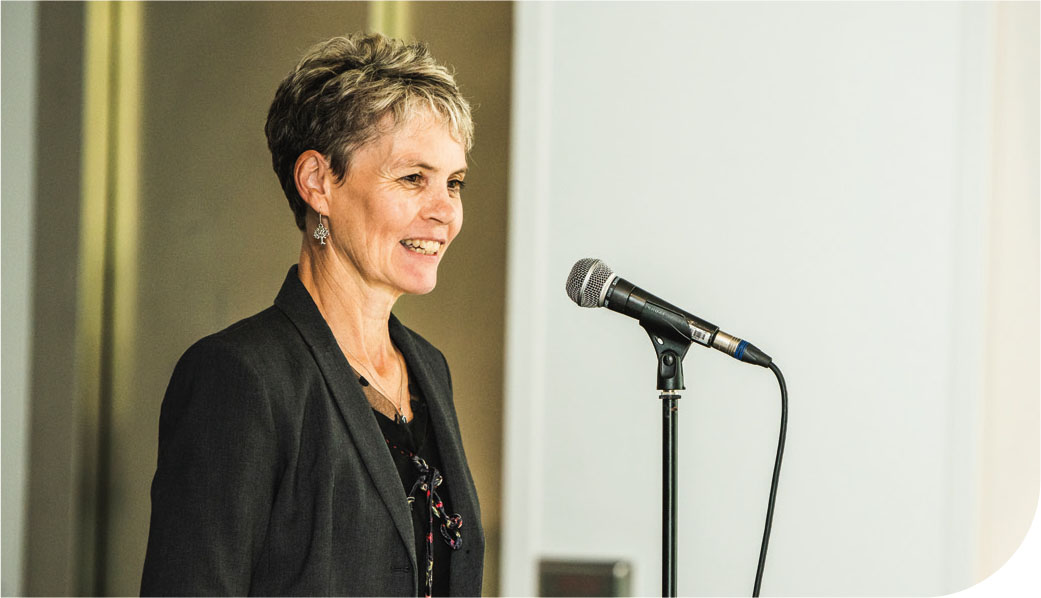
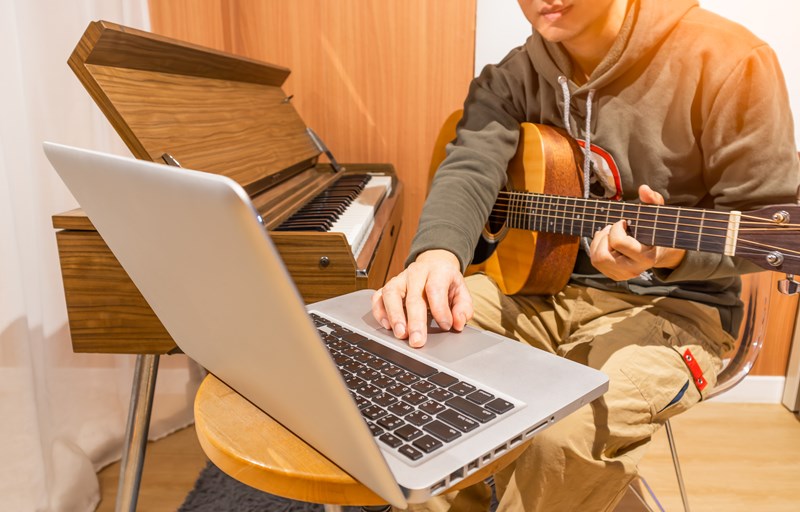
© PRINCE OF LOVE/ADOBESTOCK
Encouraging or alienating?
With awards and competitions spanning the country, it is impossible to give all unsuccessful entries feedback and support; although, arguably, those are the students who might benefit from it the most. While the BBC Young Composer Competition explicitly states it is open to ‘musically minded individuals of all technical abilities’, it is likely that these competitions could feel out of reach for some students who do not know where to start with compositions. While they may be brilliant to broadcast the practised and skilled work of students like Howell or Wood, other young people may feel nervous to approach this aspect of music due to the high calibre of submissions each award receives.
Originally, Howell began composing after learning music theory in school. ‘If you are a beginner, it may be hard to enter into competitions at this level,’ Howell says. ‘They may inspire you to start composing, but I don't think these competitions will have a particularly profound effect on students who have just started. I know I wasn't interested in competitions three or four years ago when I started composing.’
It could be that other platforms are the way forward for sparking a love of composition in students. If approaching this with your students, an idea might be to browse the resources on the BBC Young Composer segment of the website. Here, there are articles from expert musicians on getting started with composition, written in a practical style.
Composing your own work is a skill to be mastered, and a number of young people may not feel comfortable entering a competition with their first attempt. However, even if a competition can kick-start just one young musician to give it a try, then surely it is worth it. Watching other young people become composers can open up doorways that others may then walk through.
Entries are open for the NCEM Young Composers Award 2022 until 18 February:


